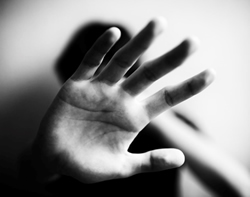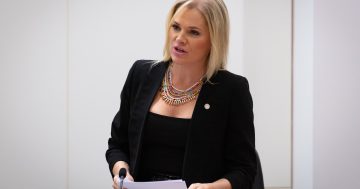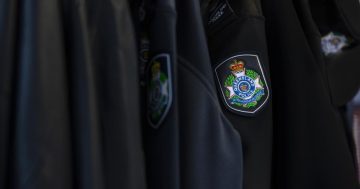 South Australia’s laws outlawing strangulation are to be changed to become more effective and to allow the State’s authorities hold perpetrators to account in the State’s criminal justice system.
South Australia’s laws outlawing strangulation are to be changed to become more effective and to allow the State’s authorities hold perpetrators to account in the State’s criminal justice system.
Attorney-General, Kyam Maher said choking, suffocation or strangulation were widely seen as precursors to domestic homicide, with laws establishing the specific offence first coming into effect in 2019.
Mr Maher said however that a review of the laws found a lack of clarity around what police and prosecutors needed to prove in the offence with too many cases being discontinued.
He said changes to the South Australian Criminal Law Consolidation Act 1935 were proposed to make it clear that the act of applying pressure to the neck must be proved instead of requiring proof that a person’s breath was restricted by that action as is currently the law.
“Clear, effective strangulation laws are an important way to hold offenders accountable for their actions and also to better protect victim-survivors of domestic and family violence”, Mr Maher said.
“It’s the type of offending that, without intervention, can easily escalate, with devastating consequences, and we need to do all that we can to protect those at risk,” he said.
“By clarifying the laws, we’ll remove some of the obstacles that have hindered prosecutions in the past by making it clearer when an offence has been committed and what needs to be proved in court.”
According to the Attorney-General, the review was consistent with medical information about the inherent dangers of applying pressure to a person’s neck, as recognised in other jurisdictions.
The Minister for Women and the Prevention of Domestic and Family Violence, Katrine Hildyard said a multi-agency Government working group would also be established to better support victims through the prosecution process and reduce the number who decide not to proceed.
“The Government is committed to tackling every aspect of domestic violence, and this working group will be crucial as we work to improve the experience of victim-survivors in the justice system,” Ms Hildyard said.











